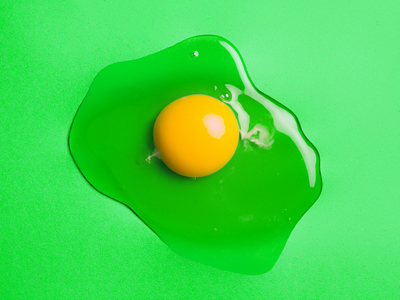
Emulsions
This GCSE Chemistry quiz is all about emulsions. Emulsions are mixtures of two or more liquids that are non-soluble with one another. They are immiscible. A good example is water and vegetable oil. These are non-soluble with each other so when you mix a vegetable oil with water, you will see two distinct layers. This is because many oils are less dense than water and therefore float on top. You make the oil and water mixtures into emulsions simply by shaking the two liquids together. The oil breaks up into droplets and becomes dispersed (scattered) through the water. We call this an 'oil in water' emulsion. If it is the water that disperses through the oil then you have a 'water in oil' emulsion. Whichever type of emulsion you make, leave it to stand and you will notice that it soon separates. We say that the emulsion 'breaks'.
hydrophilic - tail - water loving
hydrophilic - head - water loving
hydrophilic - tail - water hating
hydrophilic - head - water hating
hydrophobic tail - attracted to oil
hydrophobic tail - attracted to water
hydrophilic tail - attracted to oil
hydrophilic tail - attracted to water
Ready for more?
not all...
quizzers. Try to win a coveted spot on our Hall of Fame Page.







